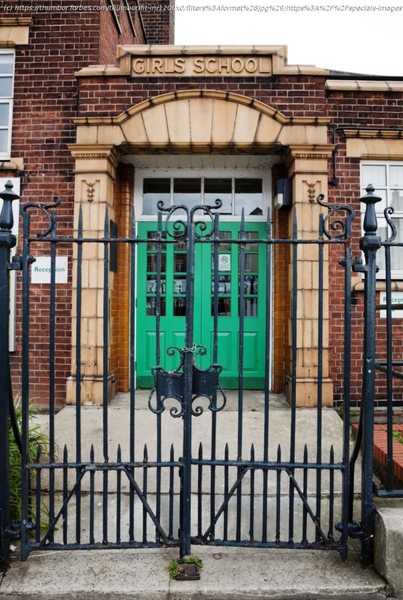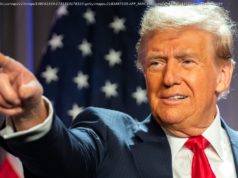Such messages are supposed to disappear after a few seconds, but they can be screenshotted and forwarded to school authorities.
Today, the Supreme Court heard oral arguments in a case concerning a student who made vulgar remarks about her school on Snapchat. Disappointed at not making the cheerleading team, she posted “F-ck school f-ck softball f-ck cheer f-ck everything.” Such messages are supposed to disappear after a few seconds, but they can be screenshotted and forwarded to school authorities. That is what happened in this case. Based on oral argument, the Court is looking to create a narrow rule on student free speech and not render too sweeping a judgment. That is a fine instinct, but whatever the Court does, it should strengthen the thoroughly inadequate level of protection for student free speech. The first case on students’ First Amendment rights was Tinker v. Des Moines in 1969. The case concerned students who wore black armbands to school to protest the Vietnam War. The Court famously held that “It can hardly be argued that either students or teachers shed their constitutional rights to freedom of speech or expression at the schoolhouse gate.” However, the Court held that schools can punish students for speech that “would ‘materially and substantially interfere with the requirements of appropriate discipline in the operation of the school,’”. So far, so good. But in those pre-internet days, the Court was clearly writing about speech that takes place in the physical schoolhouse or during school activities such as sports and clubs. Nowadays, students practically live on the internet and schools feel free to discipline students for things they say online – even if the speech occurred off school property and not on school time or during a school activity. The Supreme Court has, until now, declined to clarify whether students have the same free speech rights on the internet as everyone else. The most common rule used by lower courts is that schools have full power to discipline students for internet speech if it is “foreseeable” that their speech would reach members of the school.
Home
United States
USA — Science The Supreme Court Must Do A Better Job Of Protecting Student Free...






